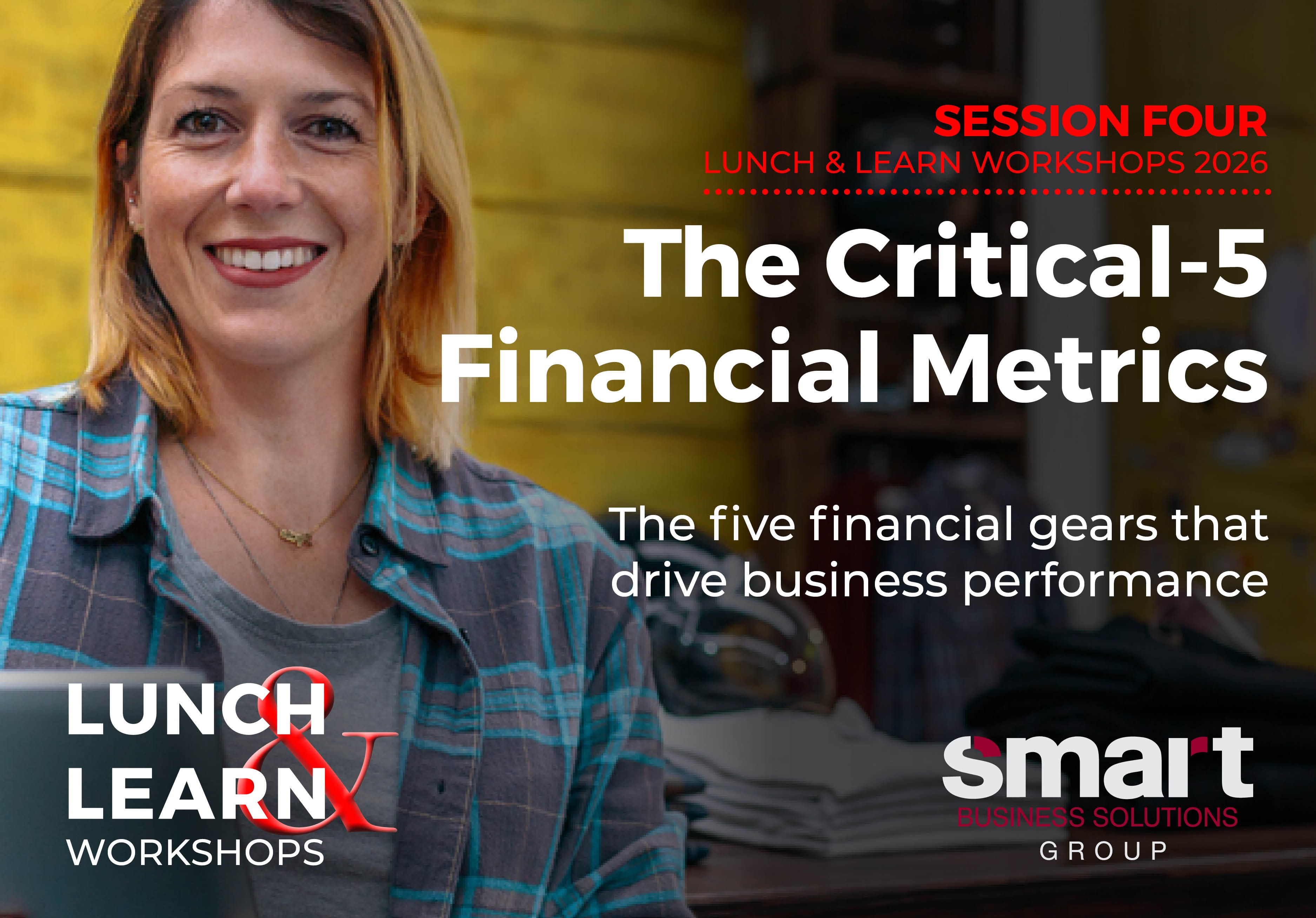CBD retail recovery gains pace across Australia
Better Loan Solutions in Mornington Peninsula • Learning Centre • Insights
Better Loan Solutions in Mornington Peninsula • Learning Centre • Insights
Australia’s CBD retail markets are bouncing back, with most capital cities seeing a notable decline in vacancy rates as foot traffic
improves and confidence returns to the sector. However, Sydney, typically the country’s strongest retail performer, has become the
outlier, with vacancy rates rising over the past 12 months.
New research from Ray White shows that four of Australia’s six major capital cities have recorded substantial
improvements in their CBD retail vacancy rates over the past year. Adelaide leads the national recovery, with retail vacancies falling from
10.9 per cent in 2024 to 9.6 per cent in 2025.
Perth has also performed strongly, with vacancy dropping from 14 per cent to 11.6 per cent, while Brisbane has continued its positive
trajectory, improving from 13.0 per cent to 10.9 per cent.
Melbourne, which faced some of the most prolonged disruptions during COVID-19, has shown signs of stabilisation, with retail vacancies
easing from 10 per cent to 8.8 per cent. These improvements reflect a broader return to CBDs, driven by rising office occupancy, renewed
consumer confidence, and the growth of experiential retail formats designed to attract foot traffic.
In contrast to the national trend, Sydney has seen CBD retail vacancies rise from 5.4 per cent in 2024 to 6.7 per cent in 2025. Ray White
puts this shift down to new retail spaces entering the market and an uptick in tenant churn, suggesting that competitive pressures remain
high in the Harbour City.
Despite this, Sydney continues to dominate as the nation’s fashion capital. Fashion and soft goods account for 31.1 per cent of CBD
tenancies, while personal goods, particularly jewellery and luxury retail, represent another 25.8 per cent.
These proportions indicate a sophisticated retail landscape, yet also highlight a sector more exposed to changing economic conditions and
shifting consumer preferences. The report also reveals a divide in the retail character of Australia’s CBDs. Sydney and Perth remain
fashion-forward markets, while cities like Canberra, Melbourne and Brisbane are leaning heavily into food and beverage offerings to maintain
foot traffic.
In Canberra, for example, food retailing accounts for 38.4 per cent of tenancies, the highest in the country, with Melbourne at 28.2 per
cent and Brisbane at 25.7 per cent. By comparison, Sydney and Perth show lower food retail representation at just 14.4 per cent and 18.5 per
cent respectively. This suggests that some cities are prioritising hospitality and experiential offerings to activate their CBDs in the face
of reduced office worker presence. Pop-up venues, bars, and casual dining have become vital in attracting both locals and tourists back into
city centres.
Experiential retail is also reshaping the CBD landscape. Social media-driven concepts such as PopMart, known for collectible toys and long
queues, are drawing new demographics into physical stores in both Sydney and Melbourne. The emphasis on in-store experiences, TikTok-worthy
moments, and community activations reflects a broader shift in retail strategy.
The link between office occupancy and retail performance also remains strong. Cities with stable or improving office market conditions, like
Adelaide and Brisbane, are also seeing retail rebound. Melbourne, still grappling with a high office vacancy rate of 17.9 per cent,
continues to feel pressure in its retail sector, though signs of stabilisation are emerging.
Tourism is another major tailwind. Hotel occupancy has rebounded in all major cities, providing crucial foot traffic on weekends and
evenings to supplement weekday trade from office workers. As international visitor numbers rise, CBD retail stands to benefit further.
Explore potential opportunities in the retail sector.

Lunch & Learn Workshop // 4 September, 2026 - 12:00 - 1:30pm
$35pp includes lunch
Many business owners believe growth comes from more sales. But in reality, the strongest and most profitable
businesses grow by improving how the business works, not just by selling more. This session is designed to change that. The
5-Critical Financial Metrics
is a practical workshop that shows you where small, targeted changes can create disproportionately big improvements in profit, cashflow and
sustainability.

Lunch & Learn Workshop // 26 June, 2026 - 12:00 - 1:30pm
$35pp includes lunch
This session is designed to change that. Pricing, Profit &
Your Ideal Client
is a practical workshop that helps you understand where your
profit really comes from,
how pricing decisions affect margins, and why working with clients that align with your business makes a measurable difference to both
profit and cashflow.

AI-Enhanced Automation for Accounting and Finance Professionals: Leveraging RPA, VBA, ChatGPT, and Copilot for Innovation and
Productivity.
Join SkyBots’ 2-day Workshop in SYDNEY with automation expert Daryl Aw to revolutionise your workflow using Power
Automate, UiPath, VBA,
and cutting-edge
Agentic AI. Tailored for accounting and finance professionals, bookkeepers and small business owners,
this hands-on training will teach you to automate repetitive tasks, generate and optimise VBA scripts, and deploy robust automation
solutions independently.